Our trip to Kazbegi: Ananuri fortress
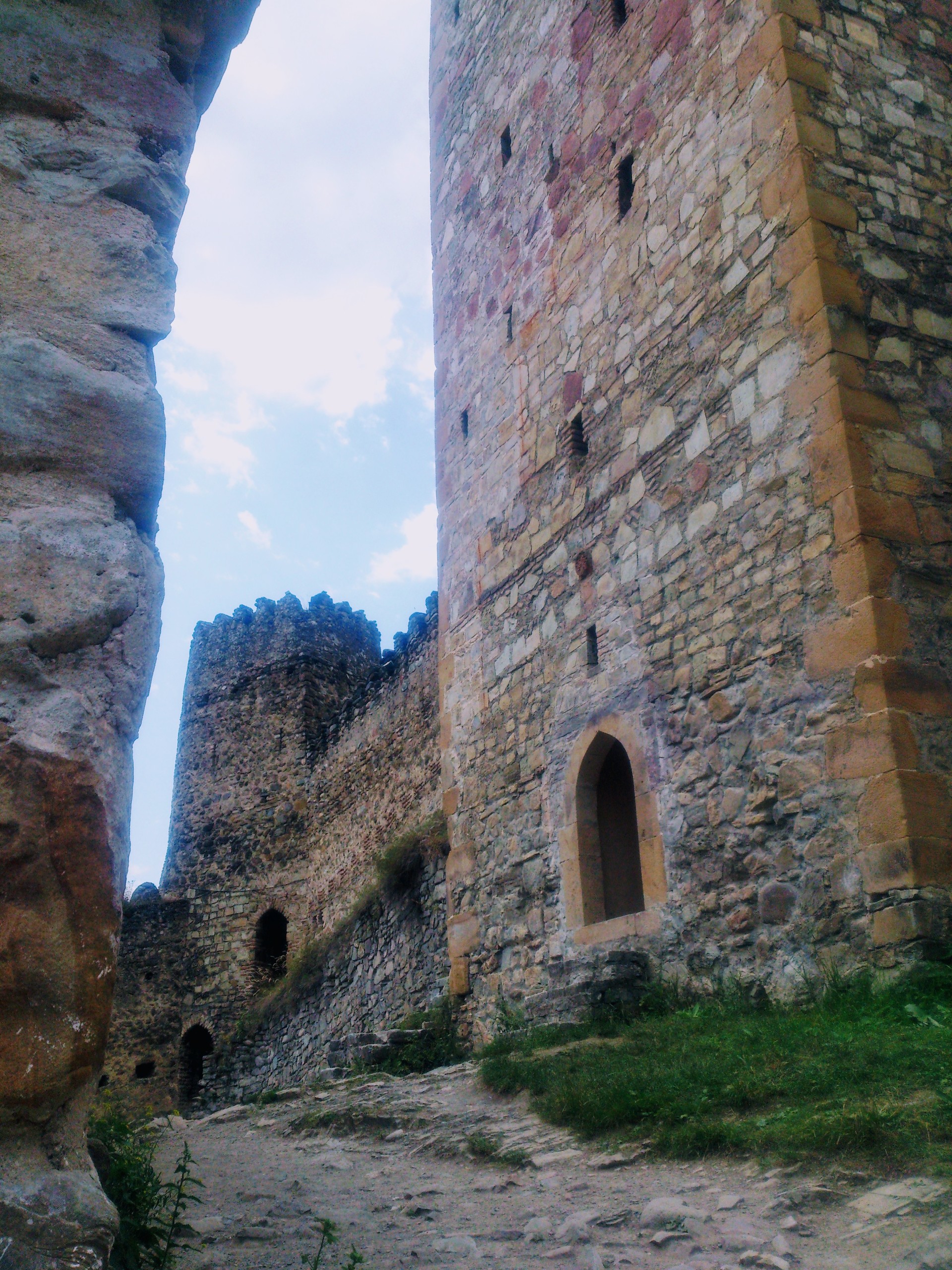
About Ananuri complex
After the Zhinvali water basin you drive a little bit and after some time you get to Ananuri fortress and monastery. It’s an Ananuri assembly, which includes some buildings and that is a very well-preserved complex comparing to other fortresses and buildings like that, which contain our history and are very damaged from the enemy expancies.
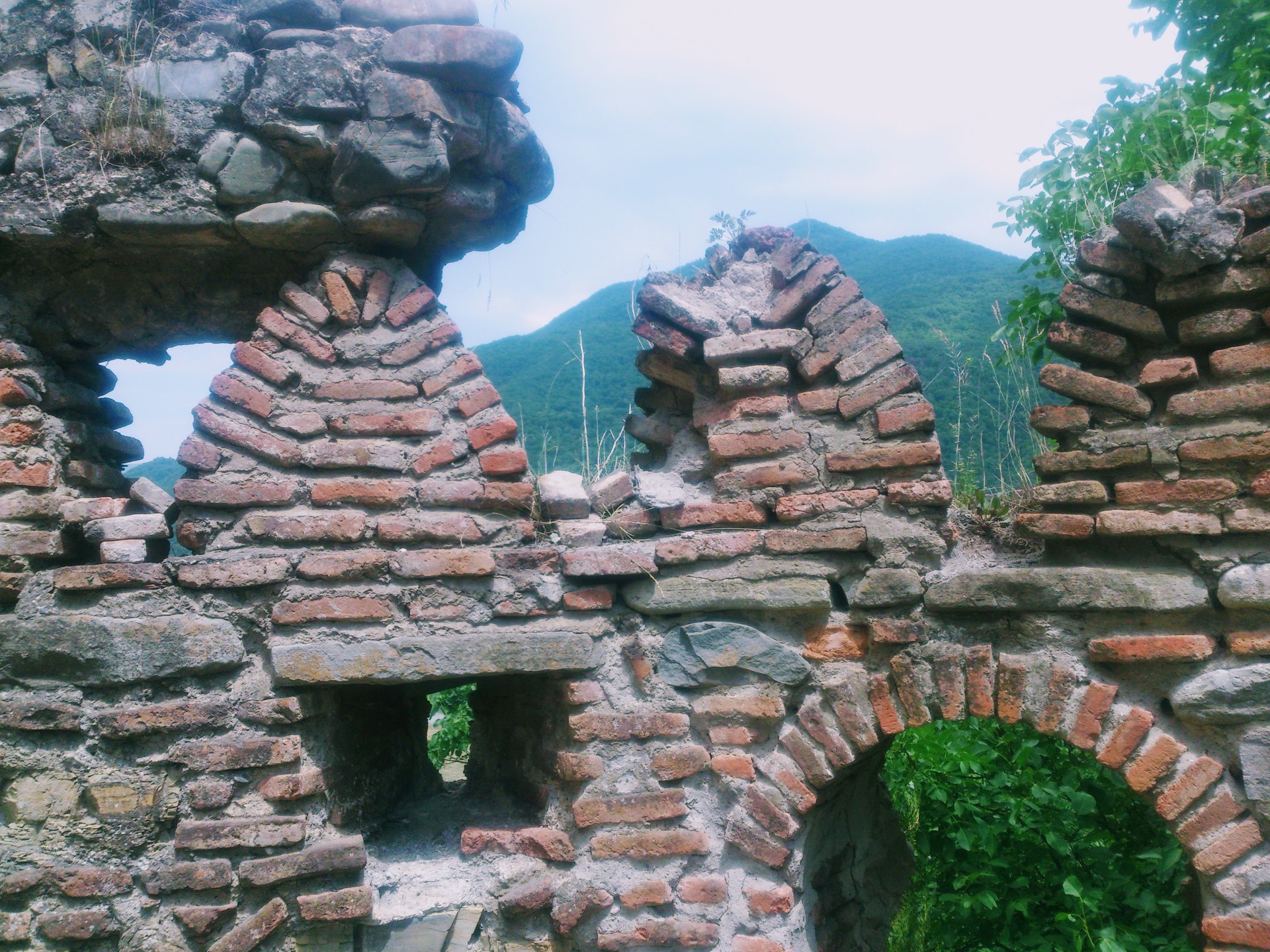
There are upper and lower fortresses, the fence, towers, Holy Mother church, divine church, church “Healer”, the bell tower, 8-angled cell and reservoirs.
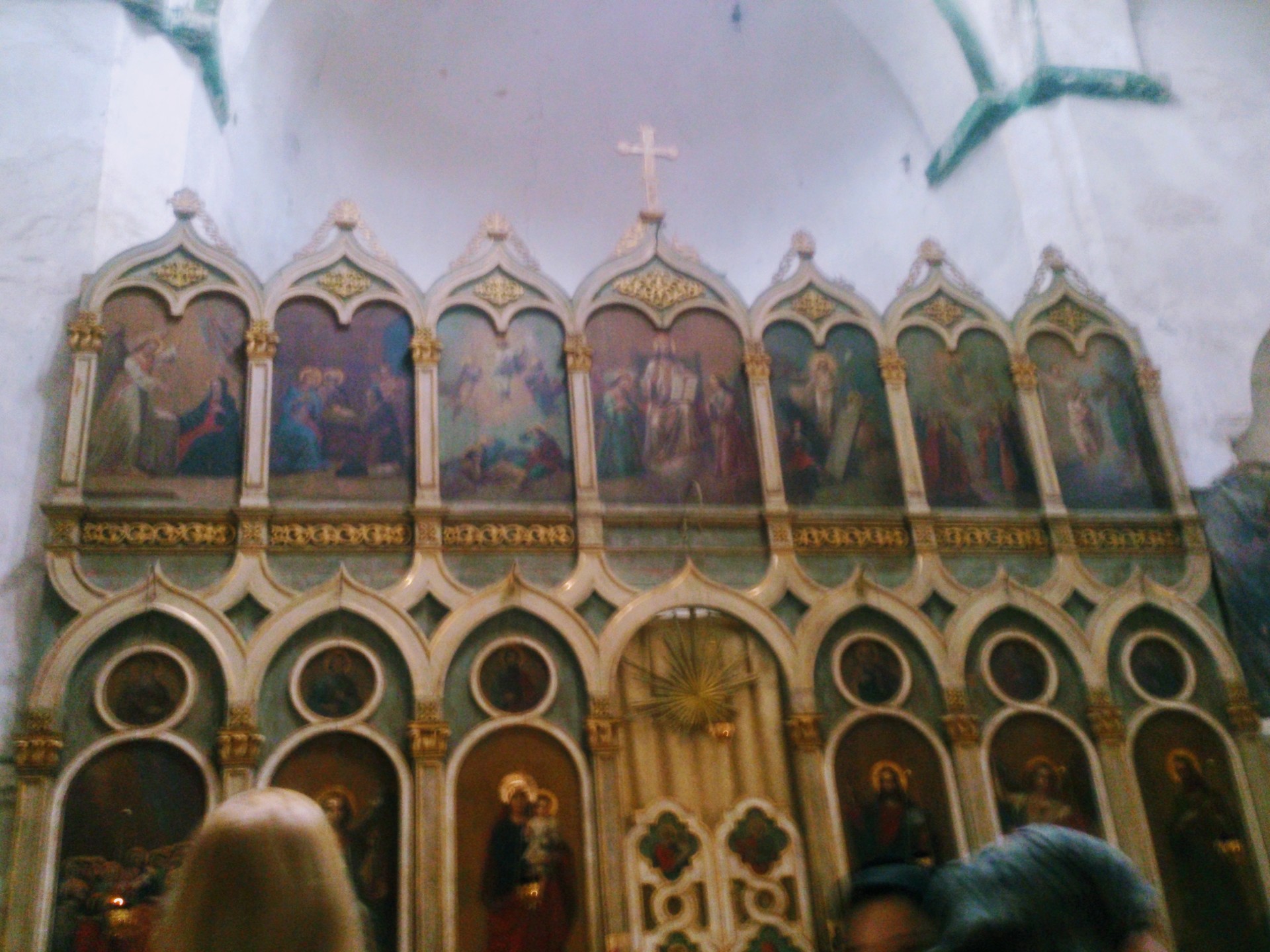
Ananuri assembly is located in Georgia, in Mtskheta-mtianeti region, Dusheti municipality. It’s a historical place in Mtiuleti, going north from Dusheti, in 23 kilometres, in the beginning of the Zhinvali water basin.
Ananuri is a 16-17-th centuries complex, which was Aragvi Feuds’ residence place until 1743.
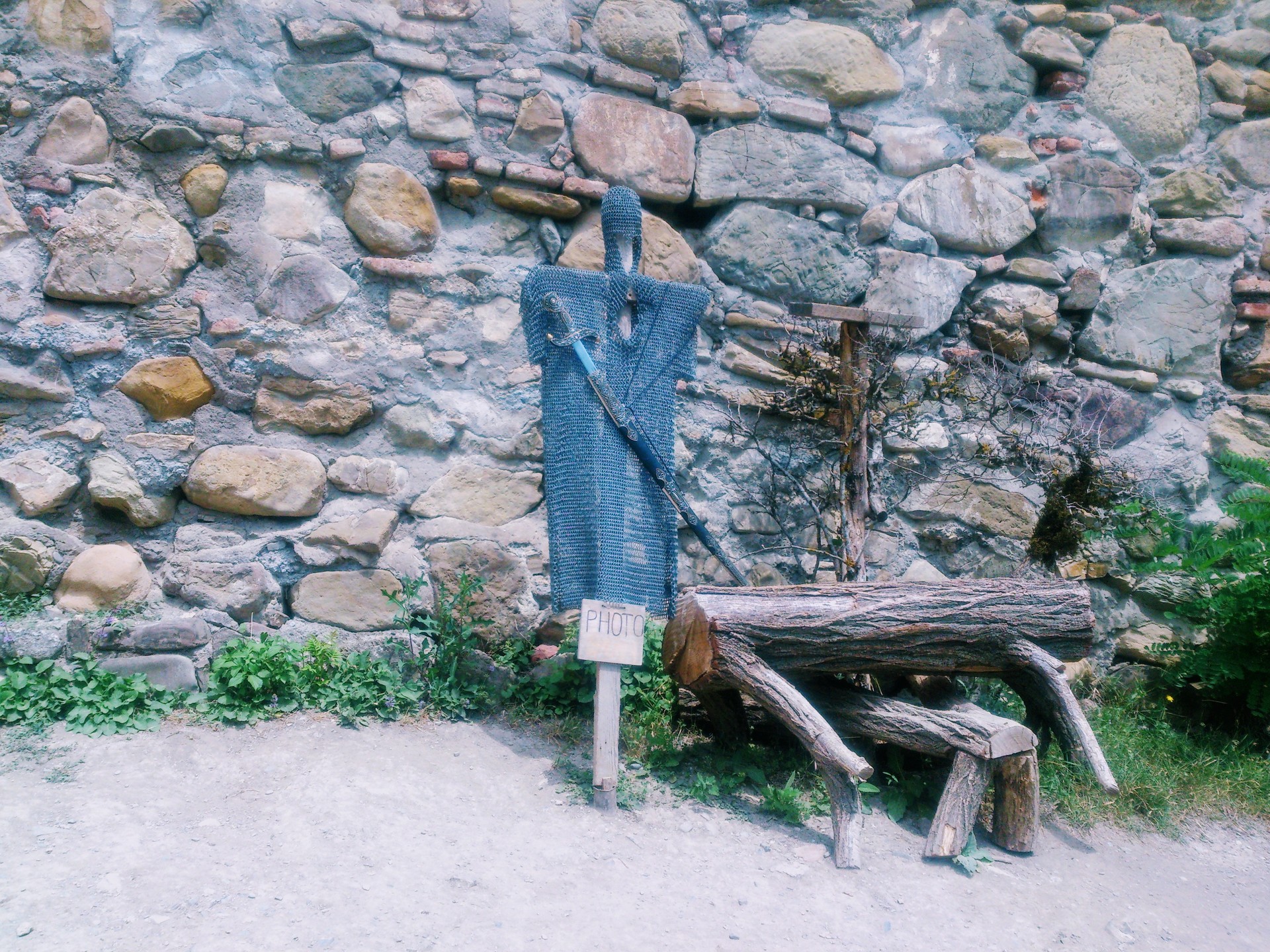
Our visit to Ananuri complex
There were many people outside the Ananuri complex when we got there. Well, it was summer, so that there were many tourists visiting Ananuri complex, going then to the Kazbegi mountains just like us, I guess.
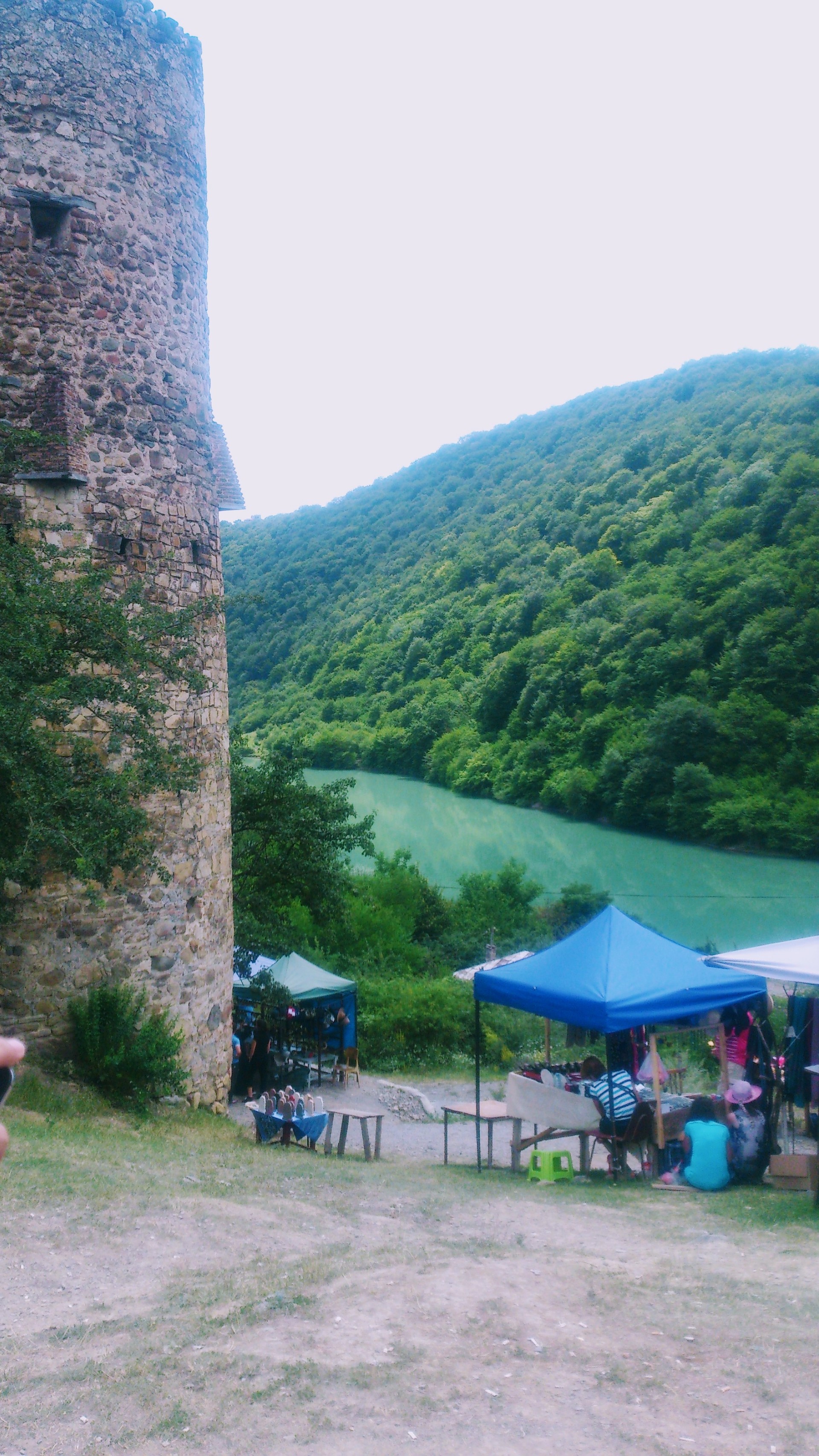
Because of the tourists and visitors to the Ananuri complex, there were many people outside the Ananuri complex, and they sold some handmade things and souvenirs and some bought stuff and food and everything. they had those souvenirs of Georgia and its cities and people and fridge magnets and bracelets and wool clothes and necklaces and earrings and things like that.
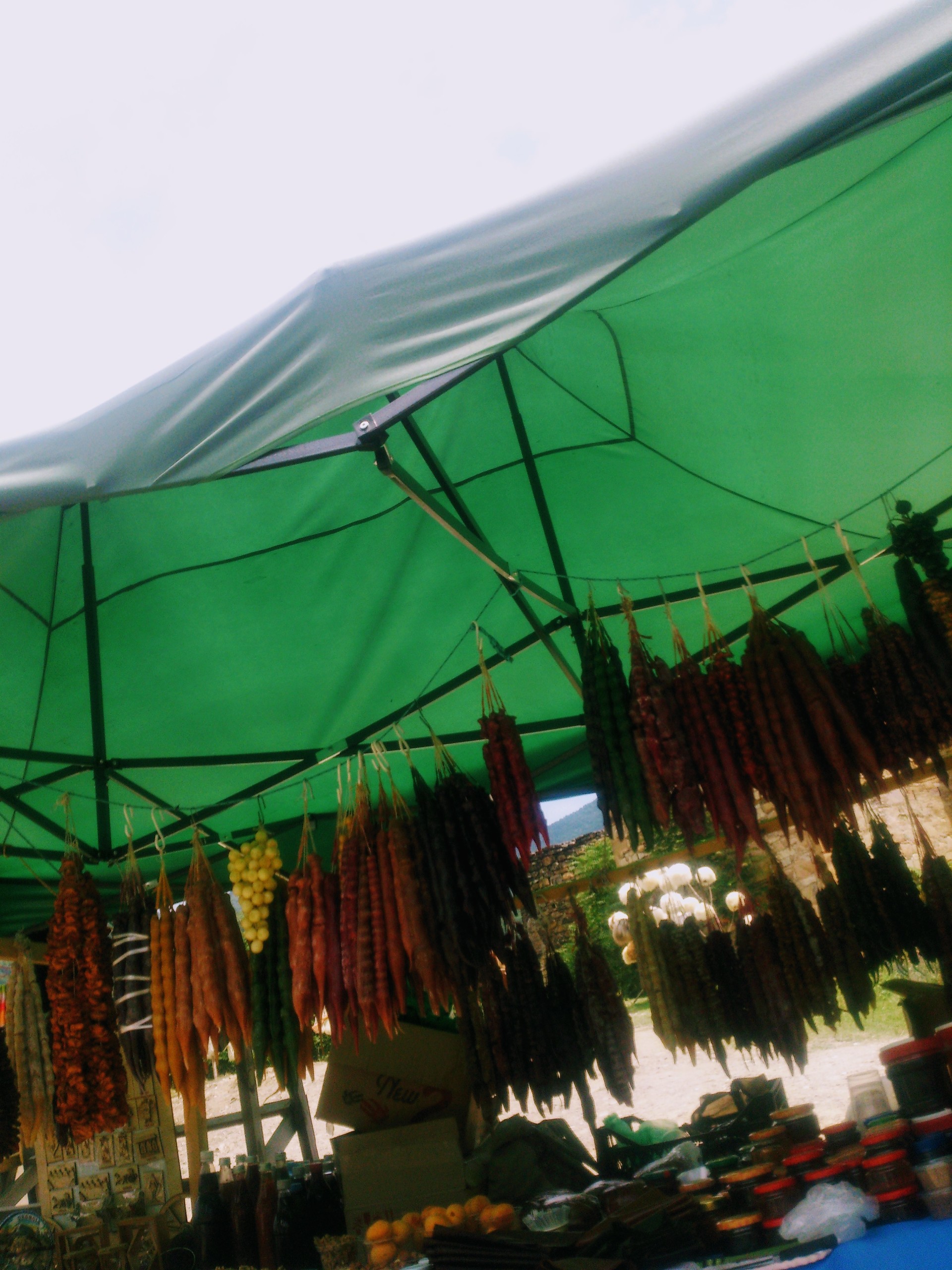
They also had some churchkhelas, which are Georgian sweets made from walnuts or nuts, which are covered with Tatara, which is a Georgian dish, too, prepared with vine juice called Badagi. They are very delicious and everyone loves Churchkhelas, so that it’s a really popular thing in Georgia. You can buy them for 2 Laris in places like that, which are on those tourist sites, however, you can buy them for 1 Lari if you go to the bazaars or places like that in Georgia.
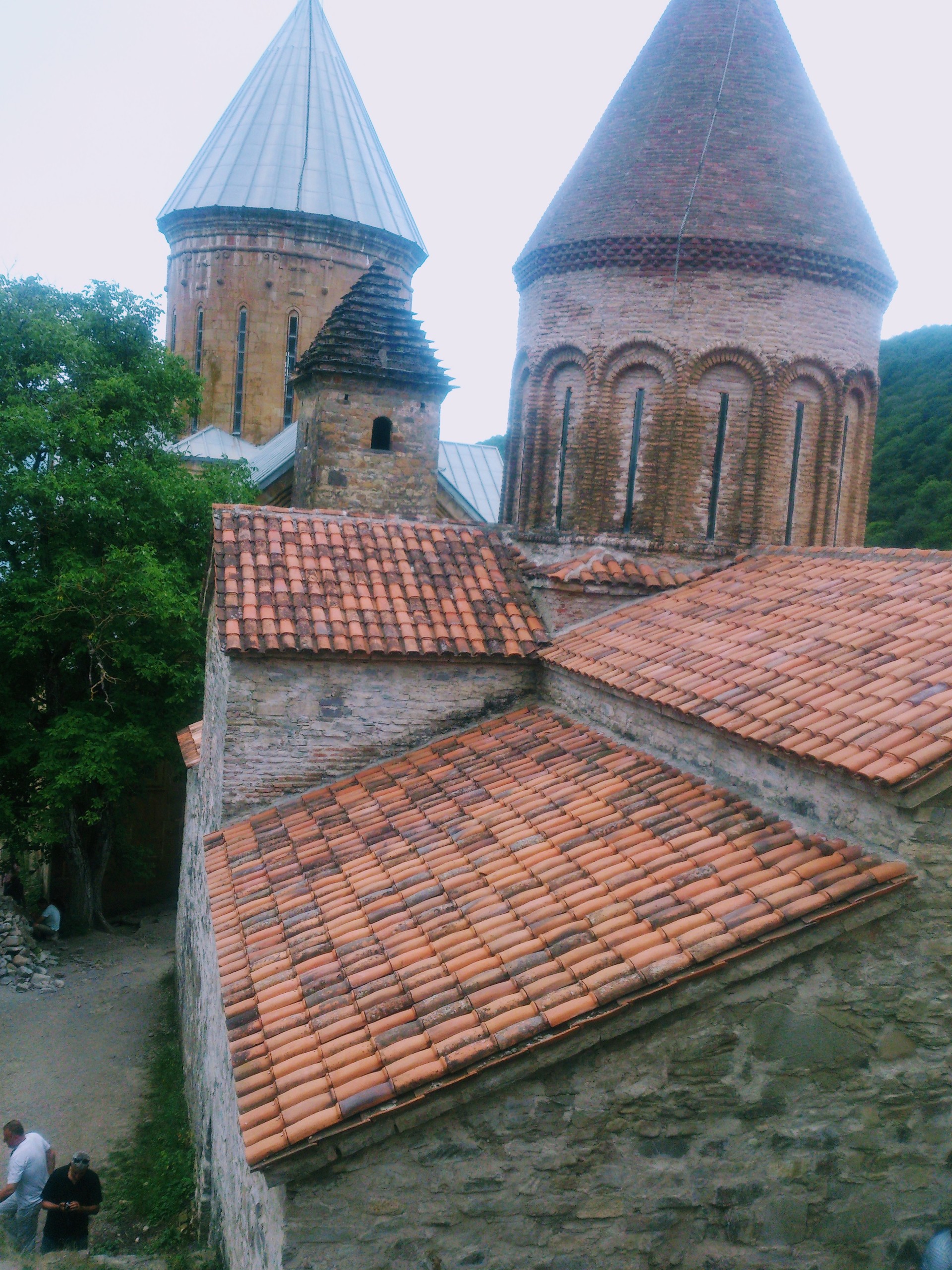
You can see those Georgian white Nabadis and hats made from wool, which were the traditional clothes for Georgian mountain people and there are different sizes of them just outside the Ananuri complex and you can go there and put them on and take a photo, which costs only 2 Laris and I think, that it’s worth it, because those clothes are really beautiful when you look at them. There’s also this chain armour with a sword, which is also a great thing to put on and have a photo taken in it.
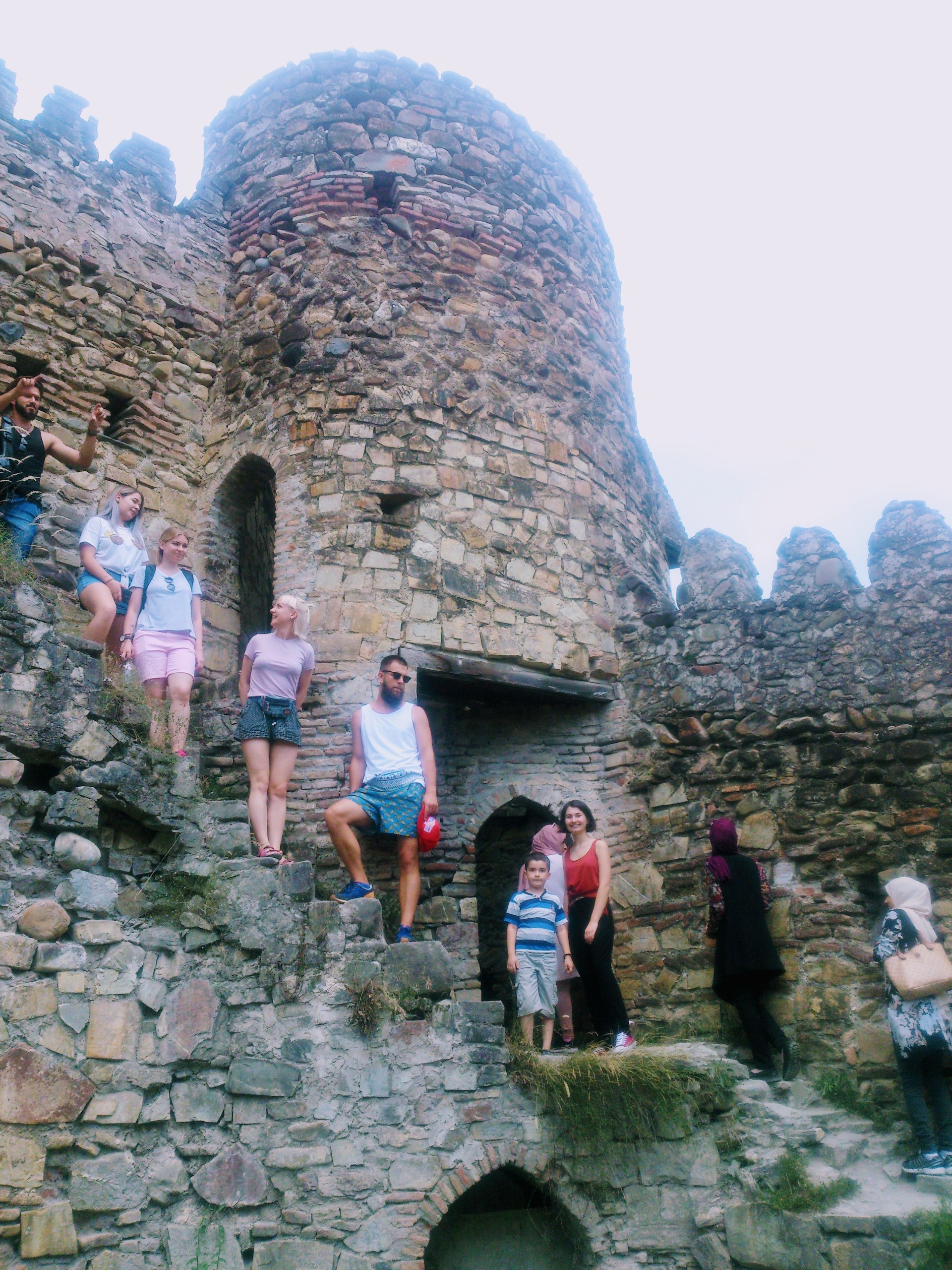
So, there’s a high and thick fence around the Ananuri complex. There are several towers, from which the only two _ the south and the western ones are 4-angled, and the others are cylinder-shaped ones. It’s known, that the walls of the fortress were not more than 5-6 metres, however, then it has added 2-3 metres height. All of the towers are made for battling, however, there are the rooms, where the people lived in, too. The biggest and special tower is called “Sheupovari” which means “Dauntless”, which is 7-floored tower. There were those holes for the guns and catapults.
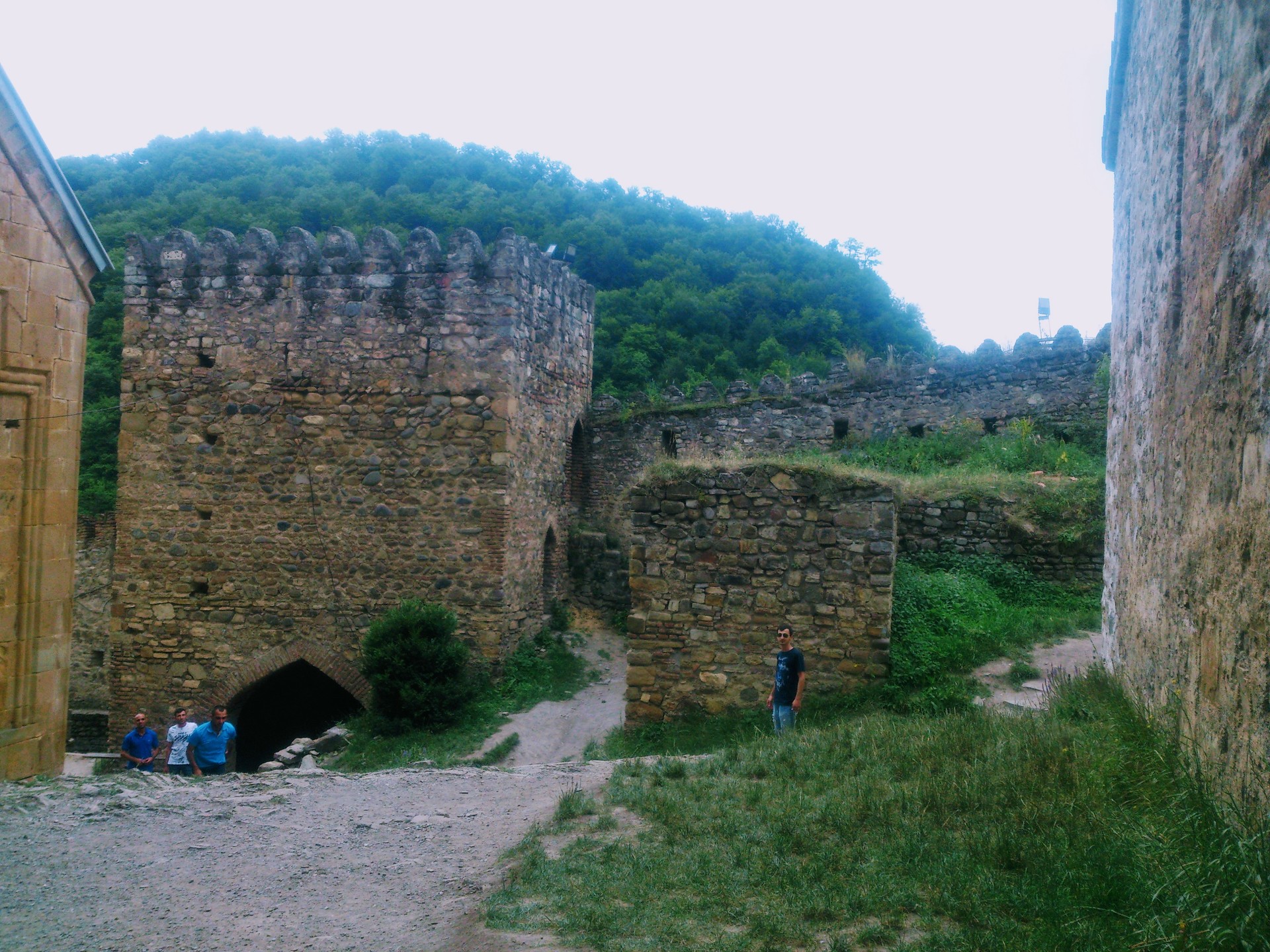
There was a water-line in Ananuri complex, too. The water came from the western fence and would be kept in reservoirs. One of the historical facts about Ananuri fortress is about the King Erekle II, when during the 1795 Krtsanisi battle he went to the Ananuri fortress to fight with the enemy. In 1812 the Ananuri complex was set on fire by the Russians.
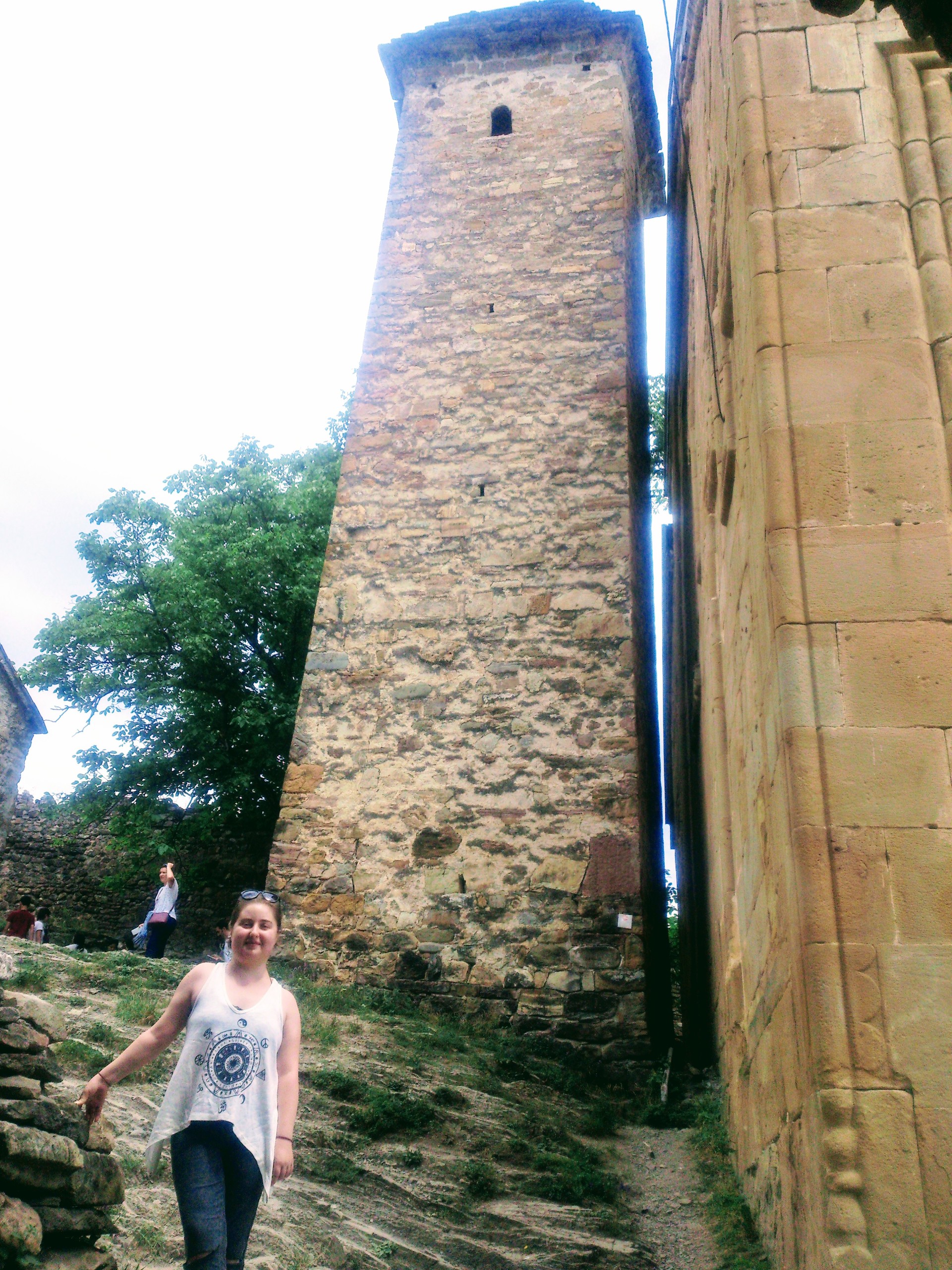
There’s a Khevsurian tower, too, which is seen immediately when you enter. It’s a pretty narrow and high tower. The name means, that it is built in Khevsureti style and Khevsureti is a place in the mountains in Georgia. The tower is 4-floored and it’s very different from all the other towers around it. It has also a roof, which is pretty different and characterizing the Khevsureti towers.
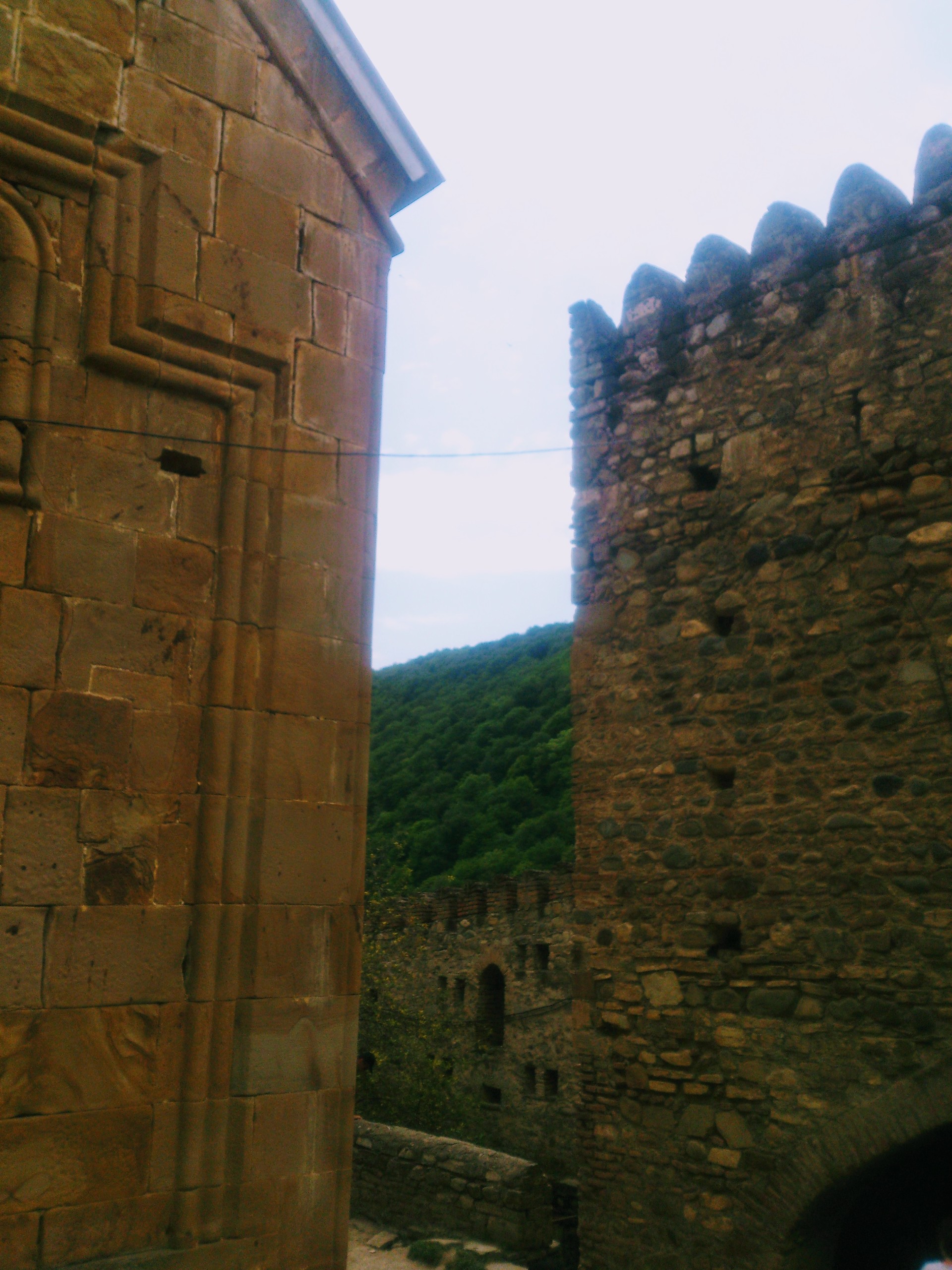
The main building is the Holy Mother Church, which stands right beside the Khevsuretian tower on its eastern side. It was built in 1689 by Kaikhosro Baghsarashvili. There are some frescos kept from the damages, and they are of the saints and Asirian fathers and some writings with the frescos.
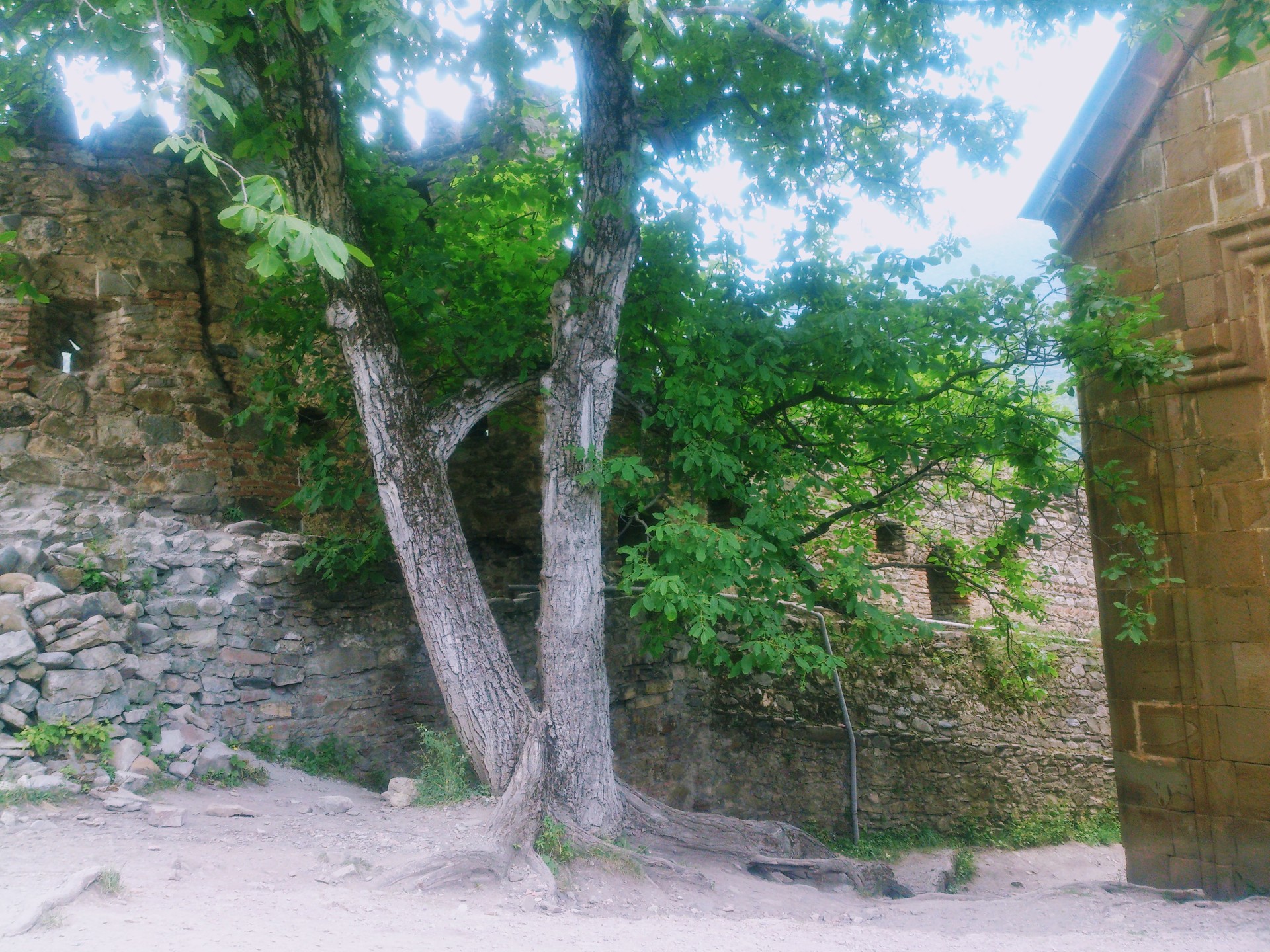
There’s another church there, called “Ghvtaebis Eklesia”, which is “Divine church” in English and there are some writings on the church, where we read, that the dome was built in 1674. there are many frescos of Christ and Holy Mother.
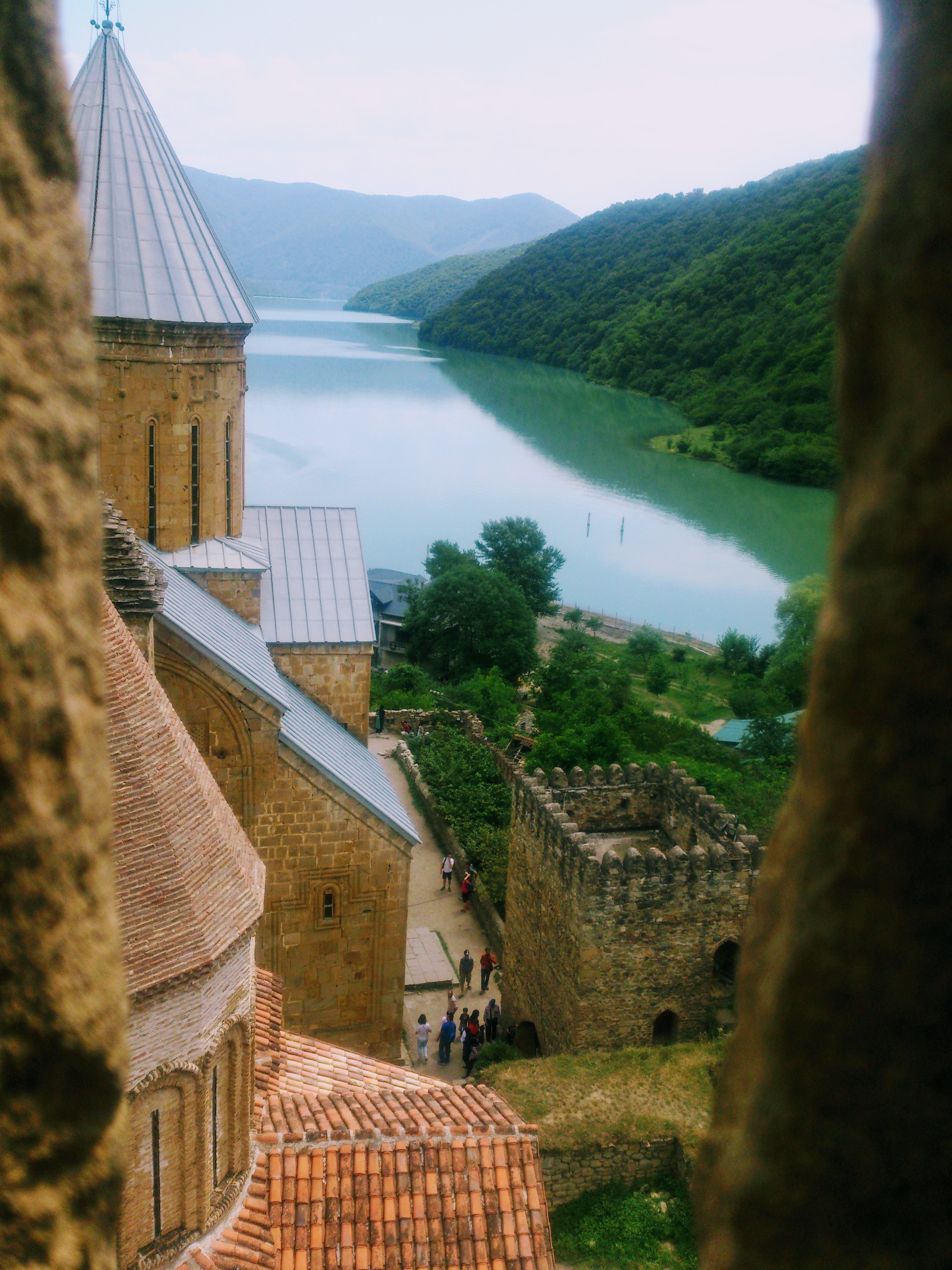
And there’s the third church called “the Healer” and it’s from the second half of the 16-th century.
There’s also an underground cell, which is 8-angled and it’s just nearby the church “Healer”. It’s a pretty interesting place and people don’t really know about it, of course, when they visit the fortress and it’s a surprise for them when they see some people going down somewhere and they are interested in what there is inside of that thing and they go down inside of that too.
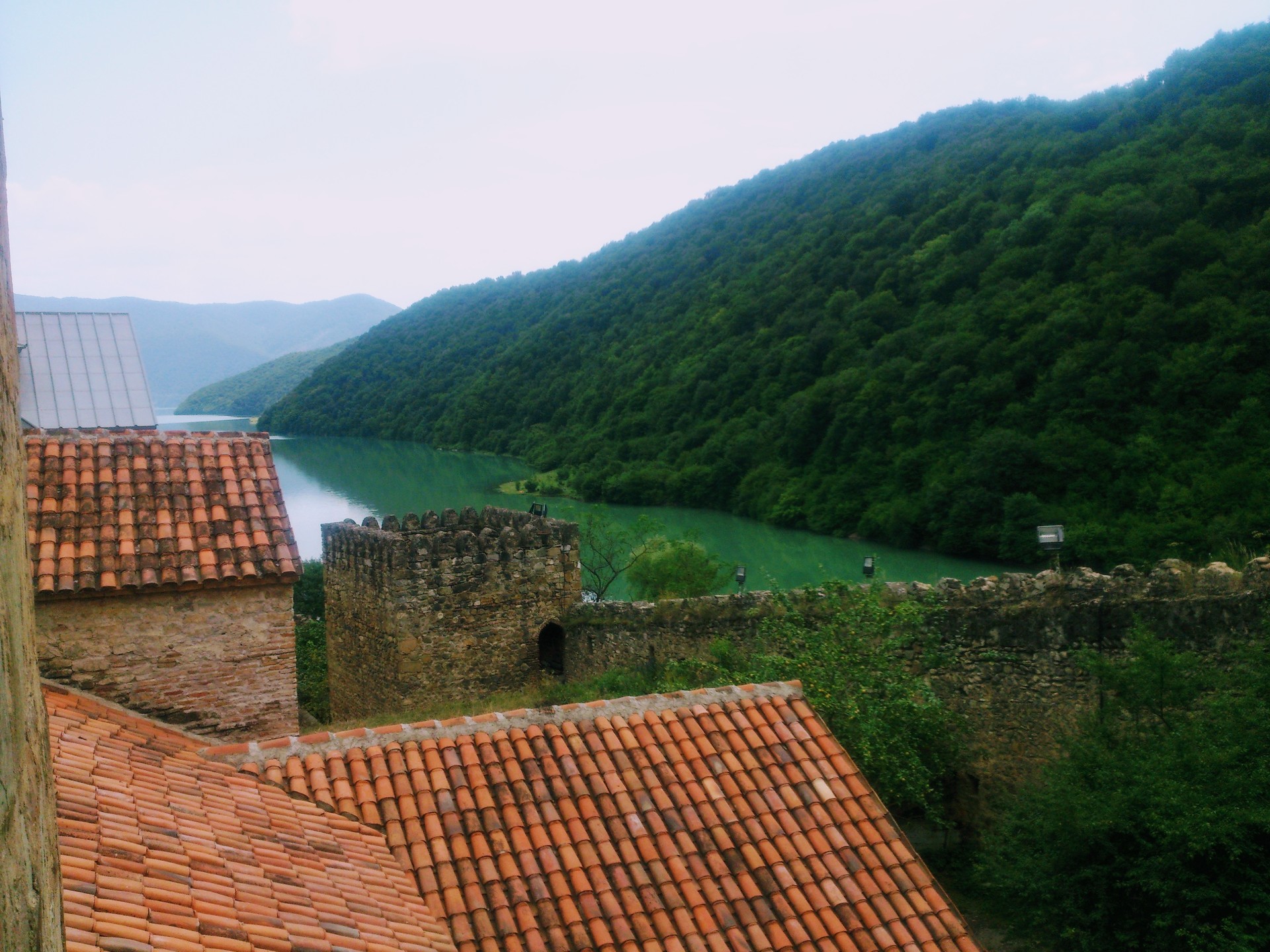
Photo gallery
Content available in other languages
Want to have your own Erasmus blog?
If you are experiencing living abroad, you're an avid traveller or want to promote the city where you live... create your own blog and share your adventures!
I want to create my Erasmus blog! →































Comments (0 comments)